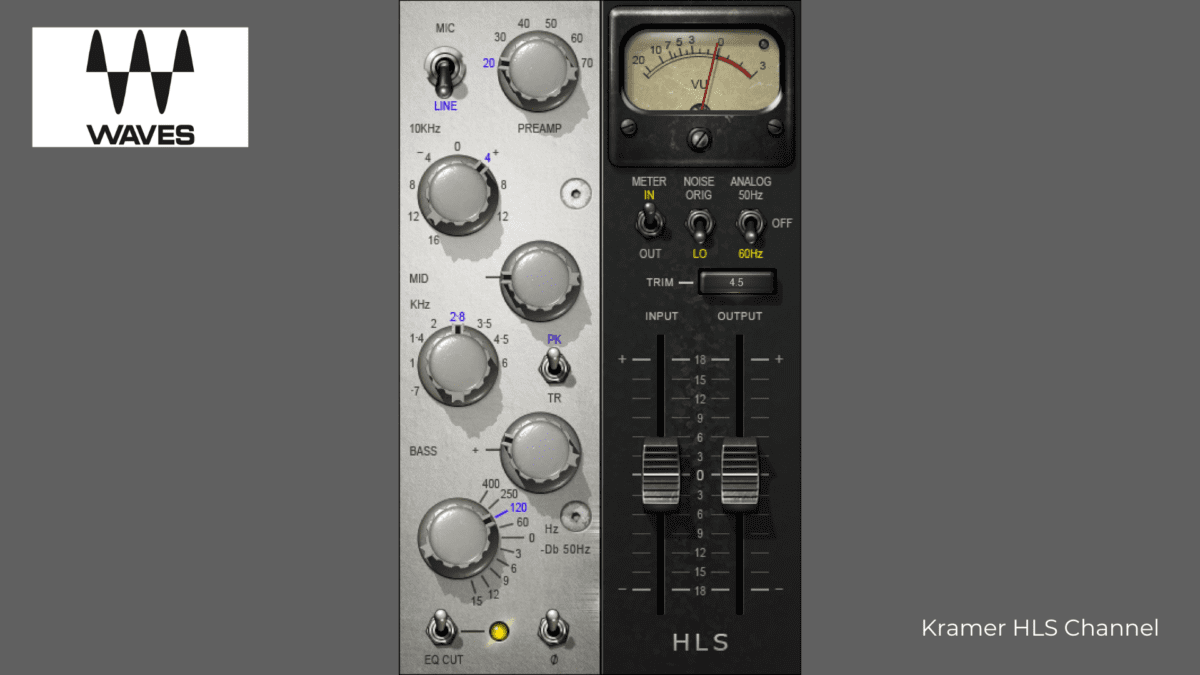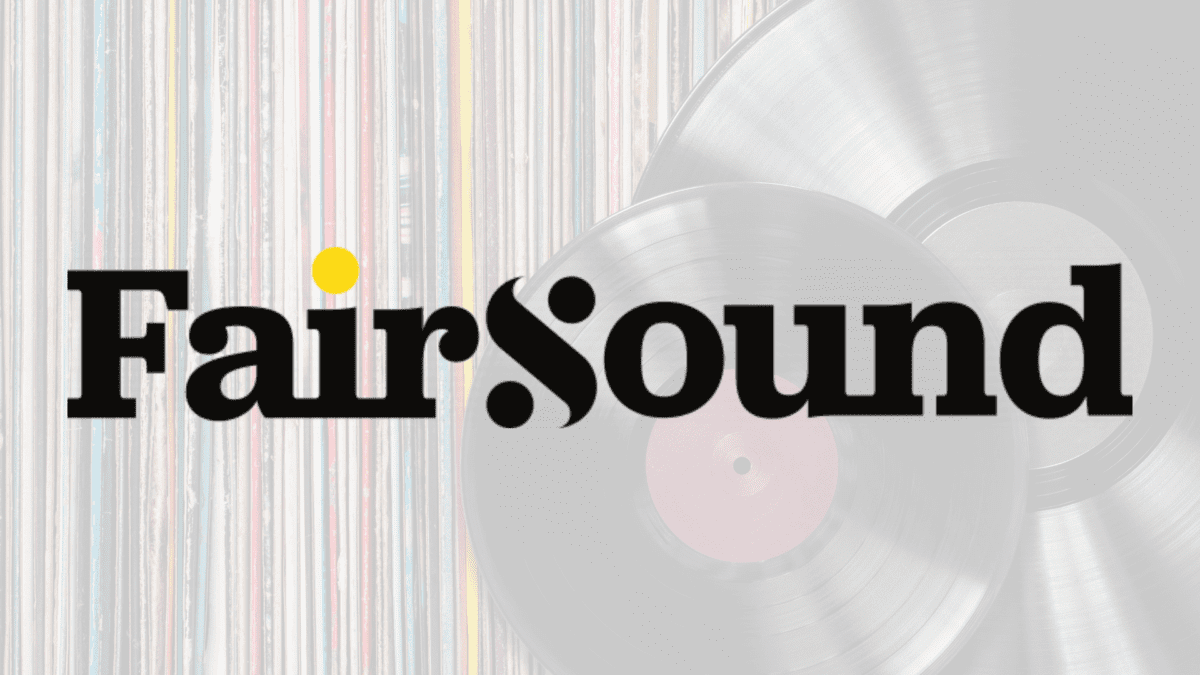Today, we will look into the blue notes and tone production in African American music. There is so much rich history in these genres of music and you will have heard of everything from blues, jazz, soul, funk and rap. So let’s discuss these powerful contributions to music.
African American Music
African American music is a broad term used to describe a range of musical genres that have been created, developed, and performed by people of African descent living and residing in America. These genres include spirituals, blues, jazz, rhythm and blues, soul, funk, hip-hop, and rap. These styles of music had a profound influence on the musical landscape of the United States and the world.
African American Music has a long and complex history that dates back to the earliest days of the African diaspora, sand began to take root and be heard after the arrival of the first slaves to the United States. The power of song in adversity pervades the African story and lead to many of the forms of music we know and love today.
The earliest forms of these musical expressions were mostly spirituals, work songs, and field hollers that were used to communicate and express emotions. These songs often contained coded messages about freedom and were used to keep spirits up during the gruelling work of slavery. In the late 19th century, African American music began to evolve into a more modern sound. Ragtime, blues, and jazz all emerged in the early 20th century.
These genres incorporated elements of African American spirituals and work songs, while also incorporating new elements such as improvisation and syncopation. Musicians like Louis Armstrong, Duke Ellington, and Bessie Smith helped to popularize these genres, and they continue to influence music today.
Blue Notes in African American Music
Blue notes are a type of musical note used in African American music that is slightly flattened or lowered in pitch from the standard notes of the musical scale. They are often used to create a bluesy, soulful sound, and are a defining characteristic of many genres such as jazz, blues, and gospel.
Blue notes are typically used to create tension and dissonance in the music and can be used to emphasize certain notes or chords. The most common blue notes are the flattened thirds, fifths, and sevenths.
Tone Production
African American music has a distinct sound and feel that can be attributed to the unique way in which musicians produce tones. This tone production is based on a combination of techniques such as call-and-response, syncopation, and improvisation.
These styles of music are often characterized by their perfectly unique tonal qualities due to the fact that African American music is heavily influenced by the African diaspora and the various cultural, religious, and musical traditions that have been passed down through generations.
African American music often relies heavily on improvisation, which allows for the creation of unique and innovative sounds. This often includes the use of syncopation, polyrhythms, and call-and-response patterns.
African American music often features a wide variety of instruments, including drums, horns, and percussion. Its qualities are often heavily influenced by the various genres that make up the music. For example, gospel music often features a strong and powerful vocal performance, while jazz music often features a more mellow and laid-back sound.
Additionally, blues music often features a more mournful and melancholic sound. These tonal qualities are often further developed through the use of improvisation and the combination of different instruments. The tonal qualities of African American music are heavily influenced by the use of vocal techniques, including call-and-response patterns, as well as vocal ornamentation such as glissandos and vibrato.
Additionally, these styles of music often feature the use of vocal harmonies, which can add a unique and powerful texture to the music.
Famous African American Musicians
I think I will let the music speak for itself, so here are some examples of the best blue notes and tone production in African American music below.
Louis Armstrong – What A Wonderful World
Ella Fitzgerald – Summertime
Ray Charles – Georgia On My Mind
Sister Rosetta Tharpe- Didn’t It Rain?
Closing Thoughts
African American music has excelled in a wide variety of genres, including jazz, blues, soul, R&B, funk, hip-hop, gospel, reggae, and more. These genres have had a major influence on popular music, and it is clear that African American musicians have been at the forefront of innovation and creativity in every one.









